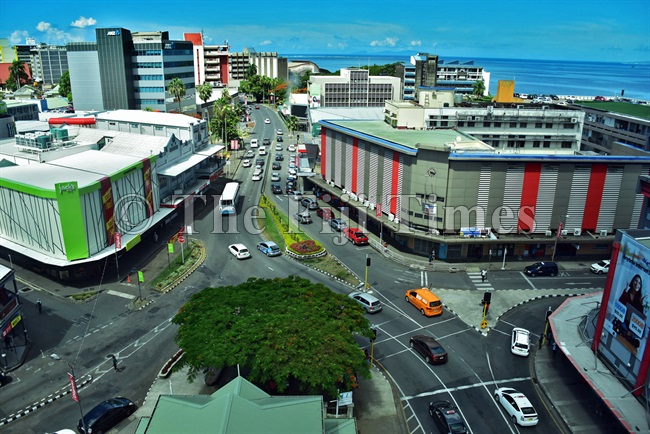Fiji’s economy has been recovering from the global pandemic but is facing new setbacks, the International Monetary Fund (IMF) executive directors said after the executive board’s conclusion of the 2025 Article IV Consultation with Fiji.
The IMF executive board concluded the Article IV consultation with Fiji last Tuesday, and it considered and endorsed its staff team’s appraisal without a meeting.
It said growth in Fiji was expected to fall this year to about 2.6 per cent, mostly because of slowing external demand, and to take a couple of years to recover to its medium-term potential rate.
It said the baseline projection implied that public debt would remain elevated.
The staff assessment had noted that the public debt-to-GDP ratio had continued to decline from the peak reached in 2022 nit remained elevated at 80 per cent.
The assessment also noted that the current account balance had improved but the deficit in 2024 was estimated to be around 6.7 per cent.
The executive directors also stated that foreign exchange reserve coverage would fall, implying that the external position remained moderately weak.
“Growth would be higher with successful structural reforms, or should the external environment be more favourable than assumed,” the IMF executive board stated.
“But the balance of risks appears to be mostly to the downside, both in the near term, if trade tensions were to worsen or their effects be more severe than assumed in the baseline, or over the medium term, mostly given vulnerabilities to natural disasters.”
The IMF stated Fiji’s economic recovery continued last year, and the staff estimates aggregate GDPO growth in 2024 to have reached 3.7 per cent.
The staff noted in the appraisal that while employment had recovered to pre-pandemic levels, investment had recently been held back by labour shortages and supply-chain challenges.
Under Article IV of the IMF’s Articles of Agreement, the IMF holds bilateral discussions with members, usually every year; and a staff team visits the country, collects economic and financial information, and discusses with officials the country’s economic developments and policies.
On return to headquarters, the staff prepares a report, which forms the basis for discussion by the executive board.



